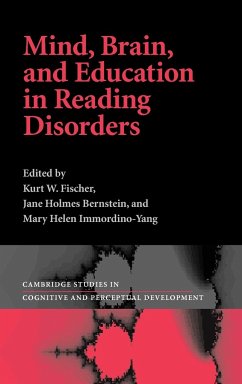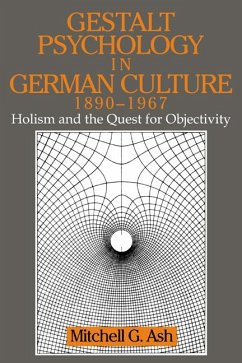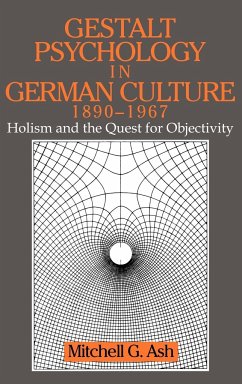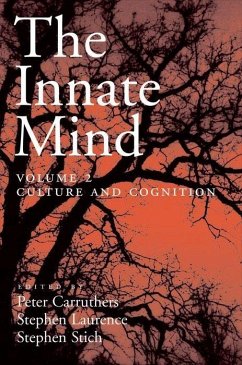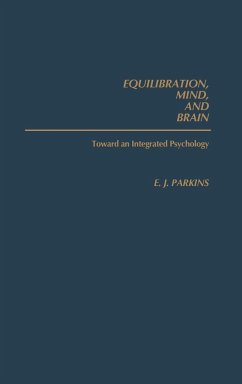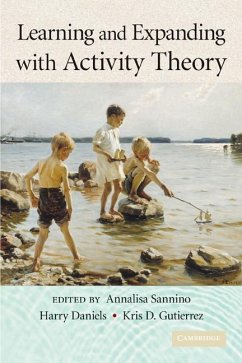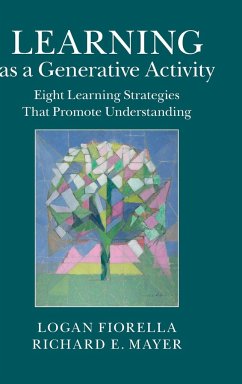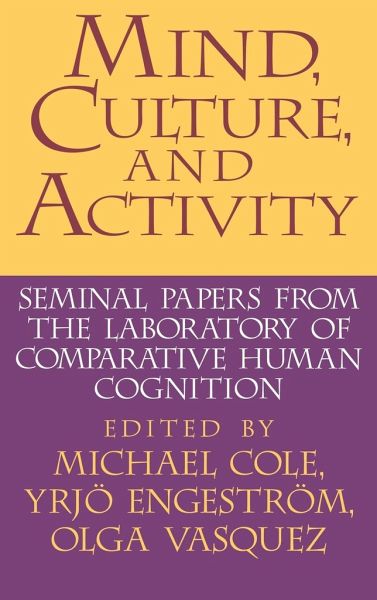
Mind, Culture, and Activity
Seminal Papers from the Laboratory of Comparative Human Cognition
Herausgeber: Cole, Michael; Vasquez, Olga A.; Engestrom, Yrjo

PAYBACK Punkte
69 °P sammeln!
This volume brings together articles from the Quarterly Newsletter of the Laboratory of Comparative Human Cognition that are important benchmarks in the recent history of research and theory on the cultural and contextual foundations of human development. The central theme of this discussion can be posed as a question: how shall we develop a psychology that takes as its starting point the actions of people participating in routine, culturally organized activities? The discussion is organized in terms of a set of overarching themes of importance to psychologists and other social scientists: The...
This volume brings together articles from the Quarterly Newsletter of the Laboratory of Comparative Human Cognition that are important benchmarks in the recent history of research and theory on the cultural and contextual foundations of human development. The central theme of this discussion can be posed as a question: how shall we develop a psychology that takes as its starting point the actions of people participating in routine, culturally organized activities? The discussion is organized in terms of a set of overarching themes of importance to psychologists and other social scientists: The nature of context; experiments as contexts; cultural historical theories of culture, context, and development; the analysis of classroom settings as a social important context of development, the psychological analysis of activity in situ, and questions of power and discourse.







